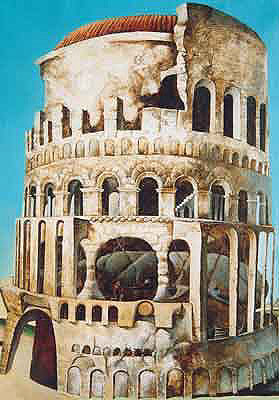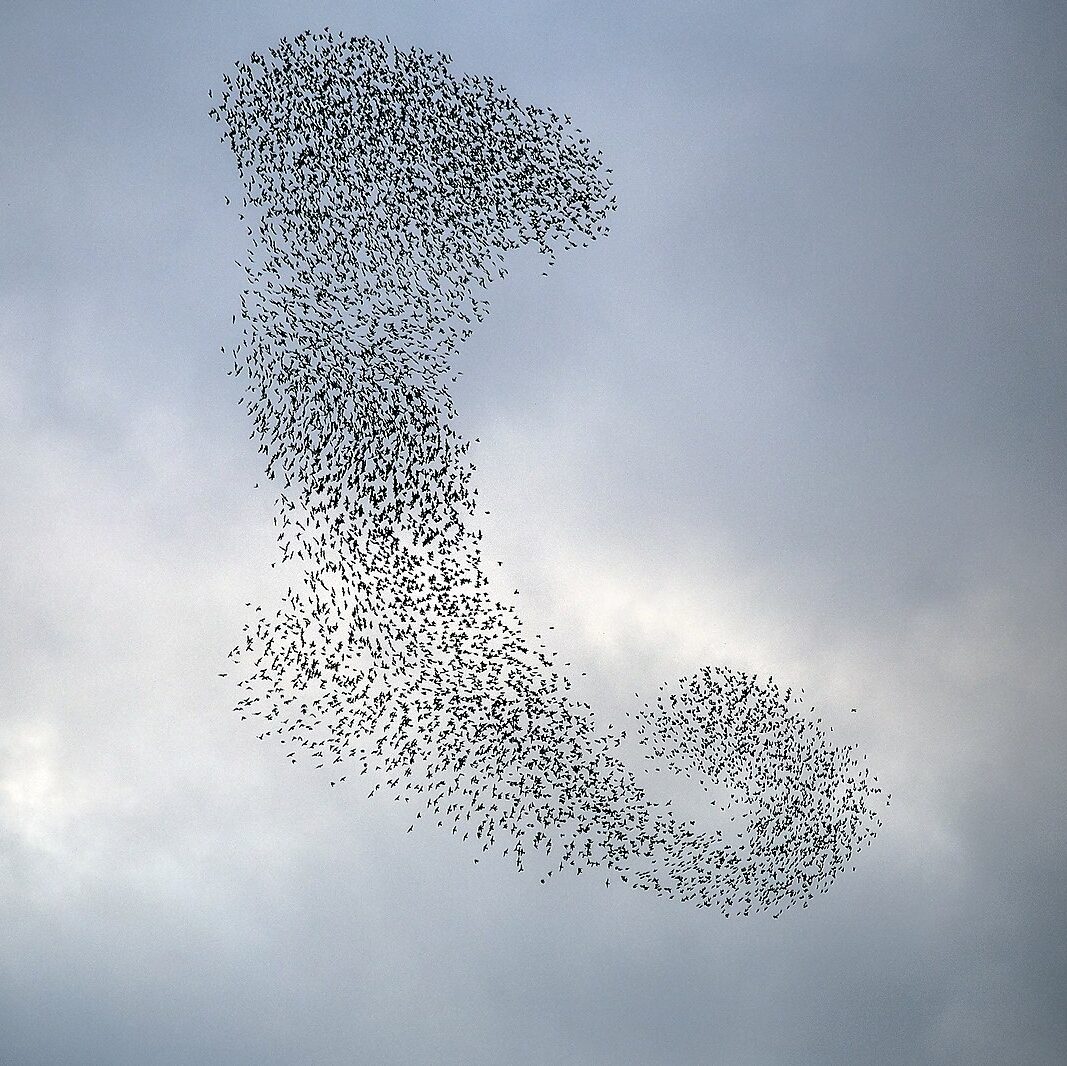
In the aftermath of surviving the construction of a mono-syllabic blog post—as an exploration of language’s inherent limitations—it is perhaps time to attempt a post in which the dualist underpinnings of modern language are examined and minimized. As an aside, perhaps “Aftermath” would be a better name for this blog, given its shift of focus from quantitative energy analysis to a broader condemnation of the consequences of modernity.
How is the English language a Trojan Horse for dualism? Several major constructs preserve and promote dualistic thinking. Foremost is personhood: first-, second-, and third-person framings emphasize the primacy of individual agency and ownership. Ownership receives its own possessive pedestal in language construction—present even in this sentence. Pronoun choice then serves to establish possession of personhood—or, significantly in the context of a dualist mindset, lack of personhood denoted by “it” (see this fun solution by Robin Wall Kimmerer). Also looming large, subjects and objects serve to promote a clear duality of agency: something or someone does something to something or someone else. The framing promotes humans as subjects having subjective experiences involving instrumentalized objects. Even the use of “something or someone” two sentences back nurtures a dual classification scheme.
This post will explore some of these pernicious dualistic influences in modern language. Throughout, every attempt is made to use non-personed language—mainly via avoidance of “I”, “we,” etc. Some experimentation will also appear toward the end attempting to break subject/object dualism. Don’t expect too much. It is English, after all, and thus a flawed starting point.
Of course, most people in our culture—imprisoned by dualist convictions and thoroughly steeped in dualist language—would struggle to make any sense of the objections and work-arounds contained herein. Presumably, readers of this blog are more amenable to questioning pervading metaphysical foundations.
Continue readingViews: 1443









